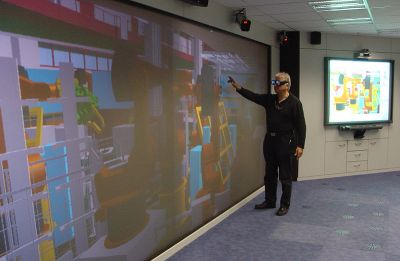
Have you ever wished you had a virtual time machine that could show you how your street looked last century? Or have you wanted to see how your new furniture might look, before you’ve even bought it? Thanks to VENTURI, an EU research project, you can now do just that.
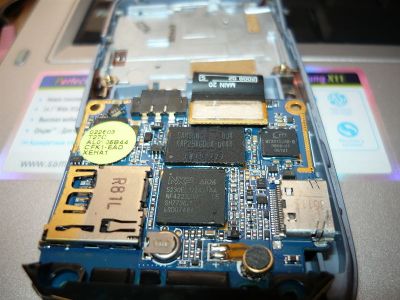
Computers have been doubling in performance every two years for the last forty years but we are reaching the physical limits of what we can achieve with current semiconductor technology. An EU initiative for High Performance Computing (HPC) is looking to shake up the way in which computer processors are designed and made. The good news is that computers with higher performance will also lead to less power consumption; a win for computing and a win for the environment.
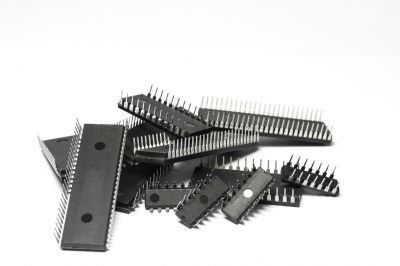
Moore's Law - which holds that the number of transistors on an integrated circuit, and hence its processing power, doubles every 18 months - has been the guiding principal of chip design for almost half a century. But with physical limitations to further transistor scaling being reached, Moore's Law may have met its match. We are entering a 'More than Moore' world in which EU-funded researchers are playing an important role.
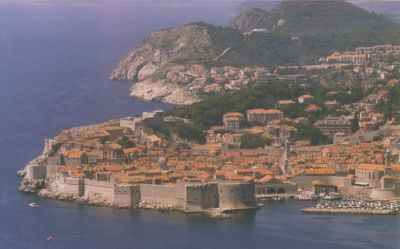
The newest member of the European Union is already a player in European research. Croatia does well in R&D, with a respectably high participation rate in the European research Framework Programmes, given its size and non-EU status at the time. In 'information and communication technologies' (ICT), it is already at the forefront - participating in pioneering projects in robotics and intelligent transport infrastructure.
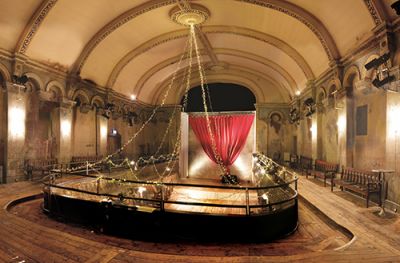
Have you ever seen an engineer conducting an imaginary orchestra? We think of scientists working in a lab, but Professor Tapio Lokki, of the Aalto University School of Science in Finland, has spent the last few years visiting concert halls and making meticulous measurements of their characteristics. 'Karaoke' is Japanese for 'empty orchestra' – and in some ways that is what he has created to help his studies. The research could lead to improved building designs and a form of audio 'Augmented Reality' (AR).

Book a flight online, perform an internet banking transaction or make an appointment with your doctor and, in the not-too-distant future, the 'Internet of Services' (IoS) will come into play. A paradigm shift in the way ICT systems and applications are designed, implemented, deployed and consumed, IoS promises many opportunities but also throws up big challenges - not least ensuring security and privacy, issues currently being tackled by EU-funded researchers.
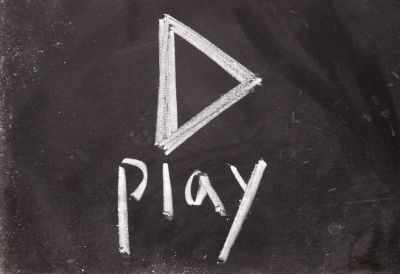
In the current economic environment, highly skilled, productive and efficient workers are among a company's best assets. But keeping employees at peak performance and teaching them new skills requires effective life-long learning. A technology-enhanced approach to learning, combining elements from serious games and learning theories, now being developed by EU-funded researchers.
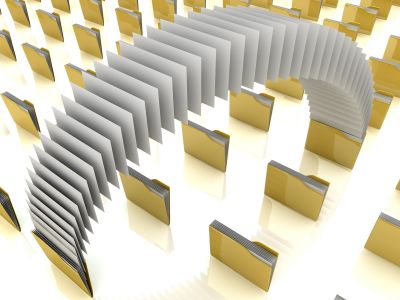
Archiving has long been considered a passive process: put the things you want to keep in a cool, dry place and forget about them until needed. But in the digital era, in which photos, videos, documents and other content are on hard drives, flash disks or on servers in ‘the cloud’ rather than in boxes in a cellar, archiving requires a much more active approach. EU-funded researchers are addressing the problem.

The rapid, exponential growth of internet traffic means investment in infrastructure, new technologies and paradigms for getting content to users are needed. EU-funded researchers are pushing these boundaries - changing the way content is delivered so that users can access high-definition (HD) and three-dimensional (3D) video on demand.








